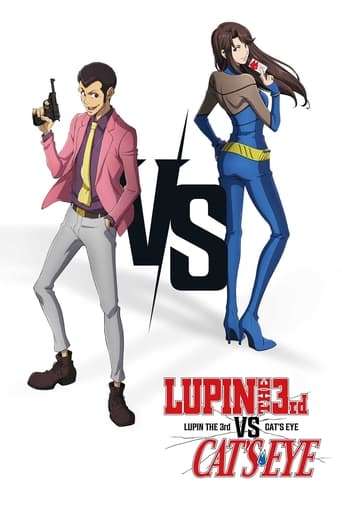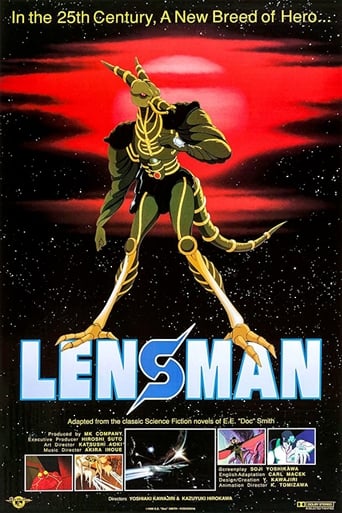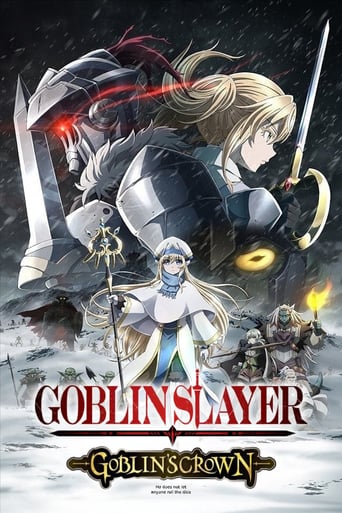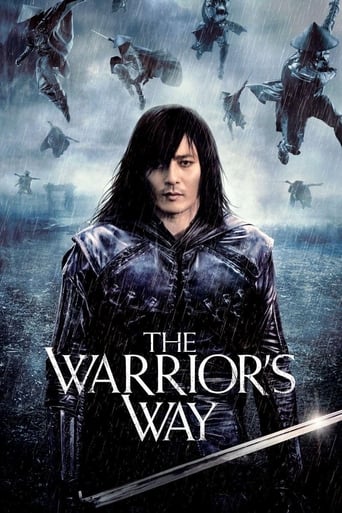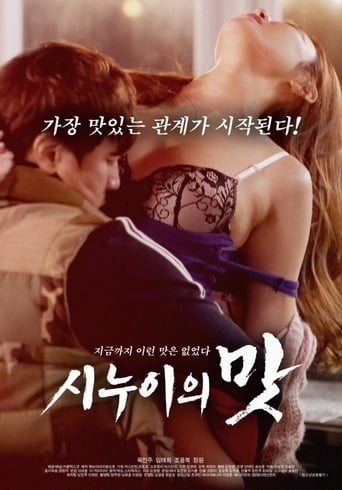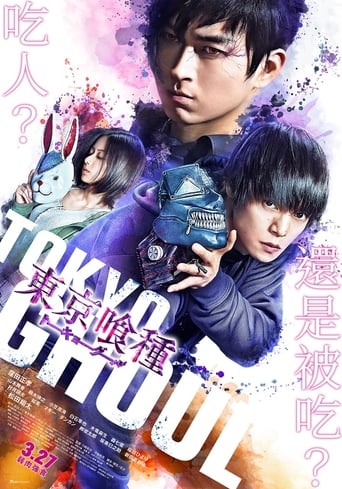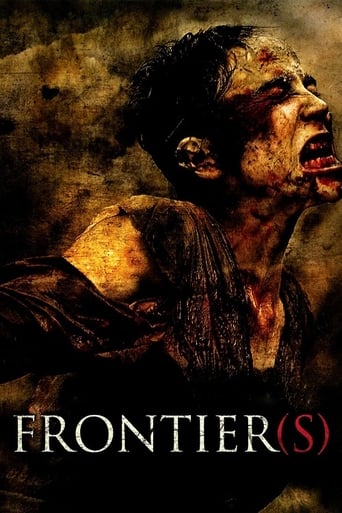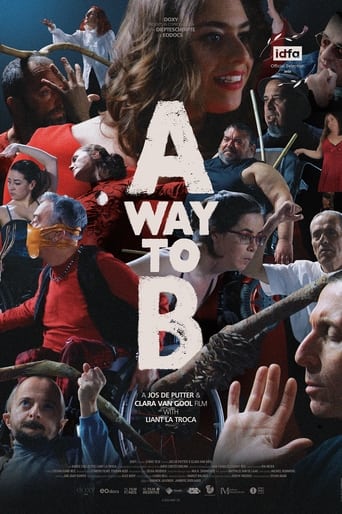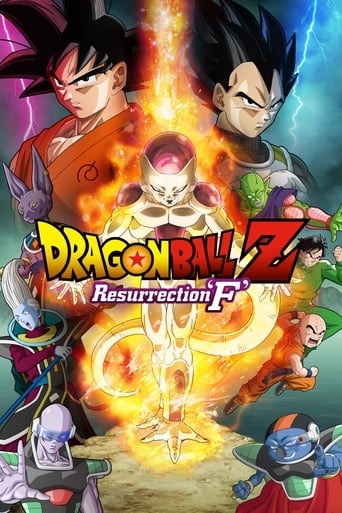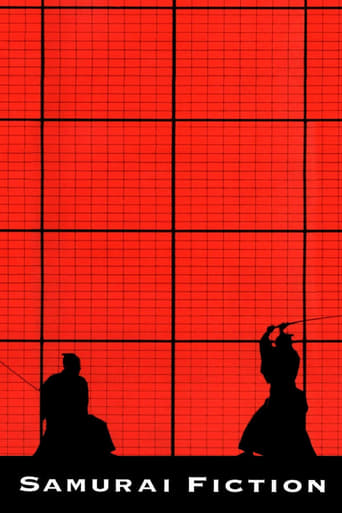


Samurai Fiction
A warrior-in-training and his bumbling friends go in pursuit of a stolen sword.
-
- Cast:
- Morio Kazama , Tamaki Ogawa , Mitsuru Fukikoshi , Mari Natsuki , Taketoshi Naitô , Kei Tani , Akiko Monou


Similar titles
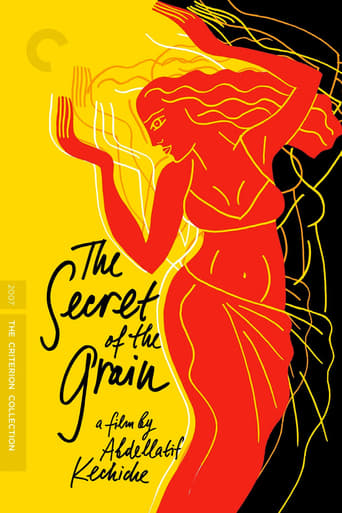
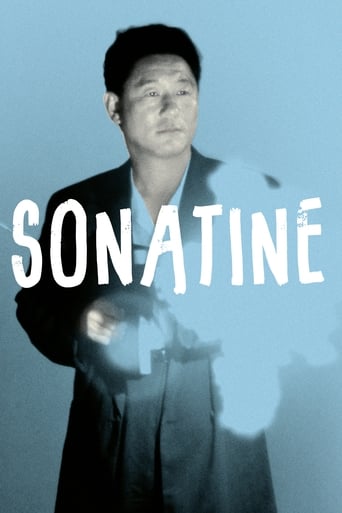

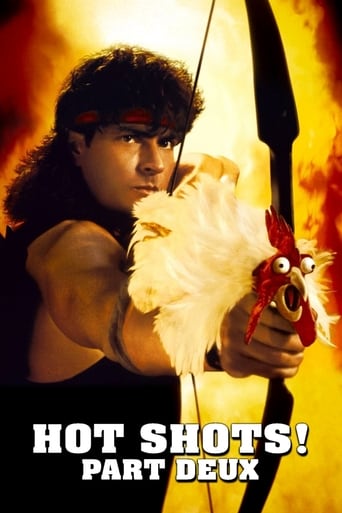
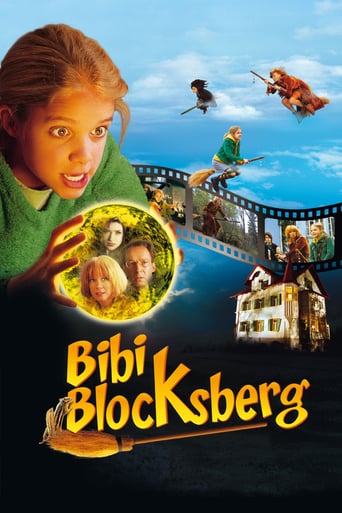
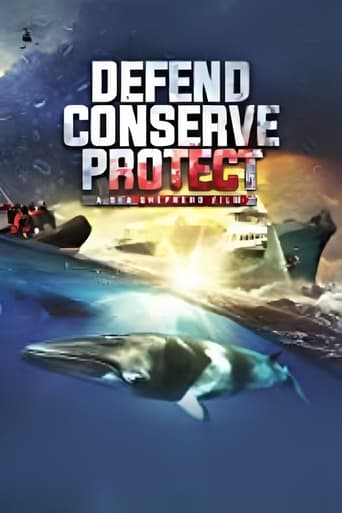
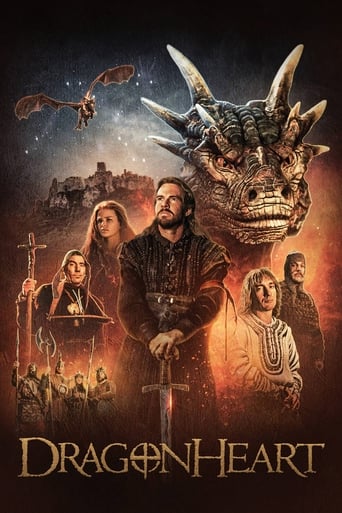
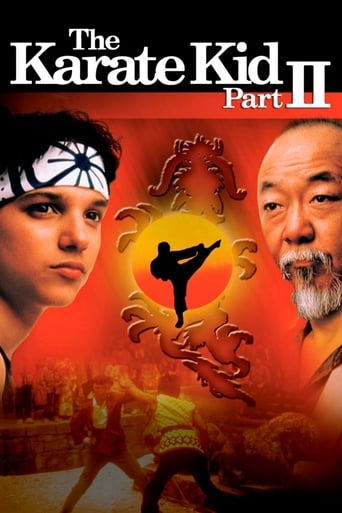
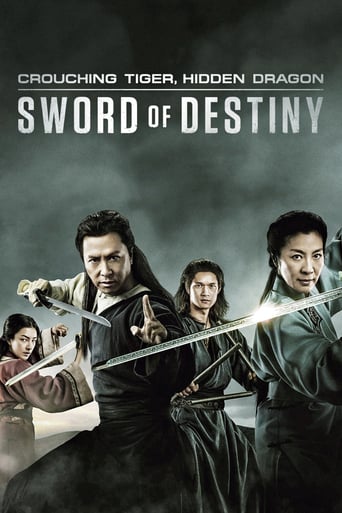
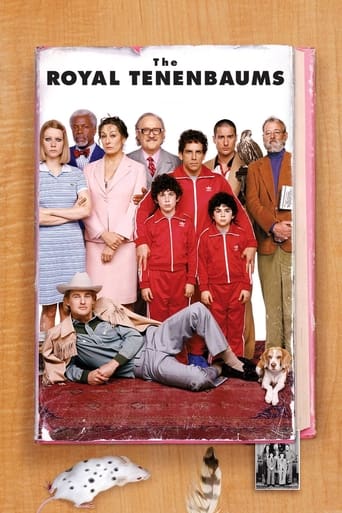
Reviews
Pretty Good
hyped garbage
Admirable film.
It's simply great fun, a winsome film and an occasionally over-the-top luxury fantasy that never flags.
Do not be alarmed or adjust your screen; Samurai Fiction is meant to look this way. Samurai Fiction is supposed to look like it was violently ripped out of time and plunged into the late-nineties like the sudden reappearance of the fedora. Yes it feels silly, yes it looks silly but if you manage to see through all the off-kilter, jarringly anarchistic and sinfully stylistic liberties you'll find Samurai Fiction is...well it just is.The plot is set when samurai Kazamatsuri (Hotei) steals a precious sword from his former clan. Against the advice of his father (and basically everyone) the wide-eyed Inukai Heishiro (Fukikoshi) promises to take the sword back from the duplicitous Kazamatsuri. Along the way Inukai meets the elderly Hanbei Kurosawa (Kazama) and his daughter Koharu (Ogawa). After Heishiro has a brief skirmish with Kazamatsuri, the father-daughter pair decide to help him on his quest to recover the clan's sword.If this all sounds like a seemingly flattering emulation of the work of Akira Kurosawa and Kenji Mizoguchi what on earth tipped you off? Was it the details of the plot, the art direction which expertly recreates the period, or was it the fact that characters in the film are literally named after the directors? There is something near- noble about the way director Hiroyuki Nakano attempts to mimic the intensity of the great samurai films of yore. Like the works of Guy Maddin, Samurai Fiction seems to come from a weird parallel universe where the visuals are constructionist but the way the story is told is purely contemporary. You can also tell Nakano cut his teeth on Japanese TV and the works of early Quentin Tarantino to get where he is.Nakano also left his mark as a music video director for MTV Japan and boy can you tell. The largely black and white cinematography clashes with the film's ear-piercing score which features some electric- guitar laden rock music, downright annoying Japanese pop and, I kid you not, the elderly Morio Kazama playing "My Old Kentucky Home" on a musical saw. Nakano also sets up some head- cocking tableaux that for the life of me I can't tell if they're meant to homage 1980's pensive staring by a beach bonfire or lampooning such overused clichés of simmering cool-guy bravado. What's clear is Nakano has created an atonal echo chamber of discordant themes, homages, references and parodies.The DVD/Bluray comes with a very indulgent and very Japanese making- of documentary called Samurai Non-Fiction. In it you can see producers and crew members look on with puzzlement and confusion while Nakano explains his goals for the film. "I've only recently seen some of the old movies. I like them but they could be better." In the background cinematographer Yujiro Yajima squirms uncomfortably as we cut to one of the producers quite frankly expressing his doubts that Nakano can pull off his crackpot, MTV- infused vision for samurai films in the new millennium.Samurai Fiction, despite it's attempt to try something new, is not a great film. The story is un-engaging adding nothing as far as post- modern commentary or new twists and turns. To stop audiences from being lulled into a stupor, the film exposes itself with a topsy- turvy array of bold stylistic choices and odd blaring musical interludes that do nothing but draw attention to themselves. Garish, cartoony and stuck in time, Samurai Fiction might just be unique enough to garner a cult following. But for those who care for actual samurai fiction, or failing that a passing interest in decent movies, I wouldn't bother with Samurai Fiction.
I think the title of this review sums up SAMURAI FICTION. It doesn't approach the heart of samurai cinema (and I doubt that was among its intentions) but it transforms the form in new and interesting ways.Whether or not the title is a direct reference to PULP FICTION, the fact remains that SAMURAI FICTION tries to be the same hip, cool and stylish update of the classic chambara genre that Tarantino's movie was for the gangster genre. Whether or not it succeeds or that it's SF's intention for that matter is up for debate and down to personal taste I guess, but either way SF is every bit the fresh breath the stagnant genre is in desperate need of for years now. As a big fan of both chambaras and jidai-gekis I find myself torn between my purist self that wants to dismiss SF as having only a cursory resemblance of the genre and being too cool and slick for its own good, and my escapist self that enjoys kicking back with an unashamedly entertaining movie. The truth of the matter is that chambara has always been a dynamic genre, one that evolves in cycles that begin with movies that venture outside the mold: movies like SF. YOJIMBO in the early 60's made the traditional period dramas of the 50's obsolete overnight. Ditto for Kenji Misumi's LONE WOLF AND CUB in the early 70's. Even if SF didn't have the same power to motivate change in the genre, I applaud it for trying. SF is very open about what it is and what it's not from the credits sequence alone. Dark silhouettes practicing fencing in front of red-lit screens. I wouldn't be surprised if Tarantino lifted the sequence verbatim for KILL BILL vol. 1, he has that "homage" tendency after all. It is with this heavy stylization that SF opens and our genre expectations are instantly shifted to this conscious capsule where the samurai style meets a western form. The rest of the movie plays on this same motif. A traditionally eastern genre delivered with a very western approach. Whole sequences and all the swordfights are edited like a music video, from the tight editing to the music to the frequent use of wide angle lenses and effect shots to the actual music that is as far removed from Toru Takemitsu and his scores for Kobayashi and Shinoda as one could imagine. SF is content to take risks but they don't always pay off. The misuse of music is enough to give Dario Argento's choice of Motorhead for the soundtrack of PHENOMENA (a horror movie) a run for his money. Techno beats, heavy metal guitars and double-bass drumming are all mixed in a hodge podge of western sounds adding to the anachronism SF aims for. It's not out of purism that I didn't like them, they just didn't feel appropriate for the mood and scene although the music video-ish editing did its best to accommodate them. However the black and white photography is solid good work, the acting is nice and the comedic timing spot on. SF balances neatly on both the serious and comic with an emphasis on the latter but it works quite well on both fronts. Add to that the good swordfighting and the fact it manages to pull off the "hip" style relatively well without feeling phony and you've got a quite good neo-chambara that deserves major points for at least trying to push the envelope of a stagnant genre in different ways. Ever since the late 70's samurai cinema has hit a dead end and various attempts at cross-genre mixes tried to revitalize it to no avail. Maybe the halcyon days of the 60's are over and the chambara genre is a thing of the past as much as the American western, with the only option left being revisionism (which has also been done to death I guess re-revisionism is due next). Maybe it will take another YOJIMBO to pull it off its legs and usher it in a new direction. SF is not quite the genre messiah and frankly I can see fans of Tarantino and Guy Ritchie enjoying it more than Mizoguchi loyalists but it's perhaps the best entry point to the genre for modern audiences with no prior experience (especially for young people who usually gravitate to the "cool" and "hip") . That's a success in itself.
I watched this movie, anticipating a reincarnation of Kurosawa samurai movies... Boy i was in for a surprise. This movie is funny, lite on the heart and soul, with a good message. I am a samurai fanatic, so i was disappointed initially, then I started to laugh once i realized that this is another "samurai champloo" kind of thing.Story line was funny, yet it successfully preserves the honor and moral of the samurai. There where few moments of incongruent affect cosed by funny stunts mixed with death (talk about a killing joke eh!).I liked the music of the movie especially the opening theme, however, i don't think samurai sword fights go well with hard metal rock guitars, even in a funny setting.All the actors did a great job conveying their message. The director and the editor had some fabulous shots that make me eager to watch more of their work.Overall, the movie is worth watching and one would enjoy it a lot if he/she has a good background in Japanese culture and their humble beliefs.
Best I can say for this is the two actors (pardon my inability to figure which actor names) who come center stage in the latter half of the film, the samurai who's carrying the stolen sword and the retired swordsman with the daughter, show commanding enough presences that either could command the screen in a real samurai film. They even make Samurai Fiction's protagonist seem a little more interesting by association.The problem with guitar-based rock in films portraying this period is people don't walk, run, fight to a four-beat. I just re-watched Hidden Fortress on the largest screen with the best sound available here. Mostly it's scored with traditional wind, string, and percussion instruments. But in a few, I think unfortunate, instances, Kurosawa gave over to western instruments for the sort of "welling-up" music with which Westerners now attempt to wrench emotions their directorial skills haven't earned. I shudder to think that, besides swiping the plot, Lucas may have let Kurosawa's western interpolations inspire that awful Star Wars music. The soundtrack of Sogo Ishii's Angel Dust showed a film can be scored Japanese style-with modern instruments and techniques, and even interpolate, without being destroyed by, Western sounds. But what Ishii does is a long way from playing electric guitar unkeyed to screen movements. In the same theater as Hidden Fortress, months before I saw Toyoda's Portrait of Hell destroyed, to blindly good reviews, by a live indie band that seldom even glanced at the screen.On the other hand, I mostly liked Ryuhei Kitamura's Versus. Go figure.

